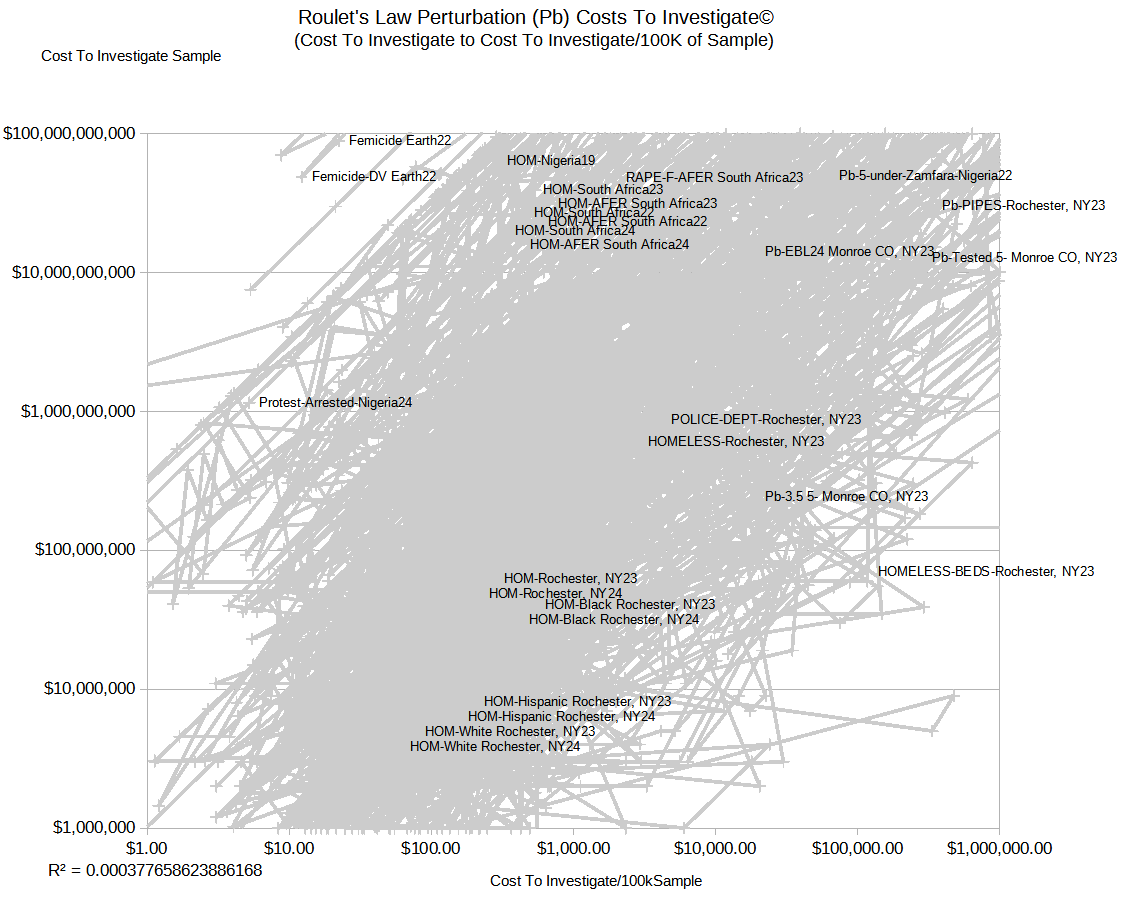
Does your water contain a neurotoxin? City to notify residents with lead water service lines
Rochester Democrat and Chronicle
Neurotoxin in water: Mayor says city doesn't want to alarm people
Mayor Evans said the purpose of the notices is to inform, rather than alarm, residents about the presence of lead pipes in a water system that is almost 150 years old.
“We are making tremendous progress to remove every lead water service line,” said Mayor Evans in a press release. “As we do so, we are providing residents with the information they need to ensure their drinking water is as healthy and safe as possible."
The water service line inventory and notices are a part of the City's "Get the Lead Out Together" program, a plan to remove all lead containing water service lines by 2030.
The City has replaced more than 8,100 lead service lines and is on track to remove nearly 3,000 lead lines per year with more than $100 million in funding from the American Rescue Plan Act and the Bipartisan Infrastructure Bill. The City also receives support from the N.Y. State Department of Health and the N.Y. State Environmental Facilities Corp.
More information about the program can be found at www. cityofrochester.gov/lead. Residents can also look up the material of their water service line and receive updates on lead service line replacement projects.
When will notices be sent out and who will receive them?
The City's Water Bureau will begin sending notices through mail by Nov. 1.
Approximately 13,000 customers water service lines have been identified to contain lead. About 3,300 customers have service lines that contain galvanized steel formerly downstream of a lead service and another 17,000 customers whose water service lines are made from an unknown material.
Customers who have service lines made from materials that don't create a risk of lead exposure, such as copper or plastic, will not receive a notice.
— Kerria Weaver works as the Government and You reporter for the Democrat and Chronicle, with a focus on how government actions affect communities and neighborhoods in Rochester and in Monroe County. Get in touch at kweaver@gannett.com.
— USA TODAY contributed information to this report.

Comments